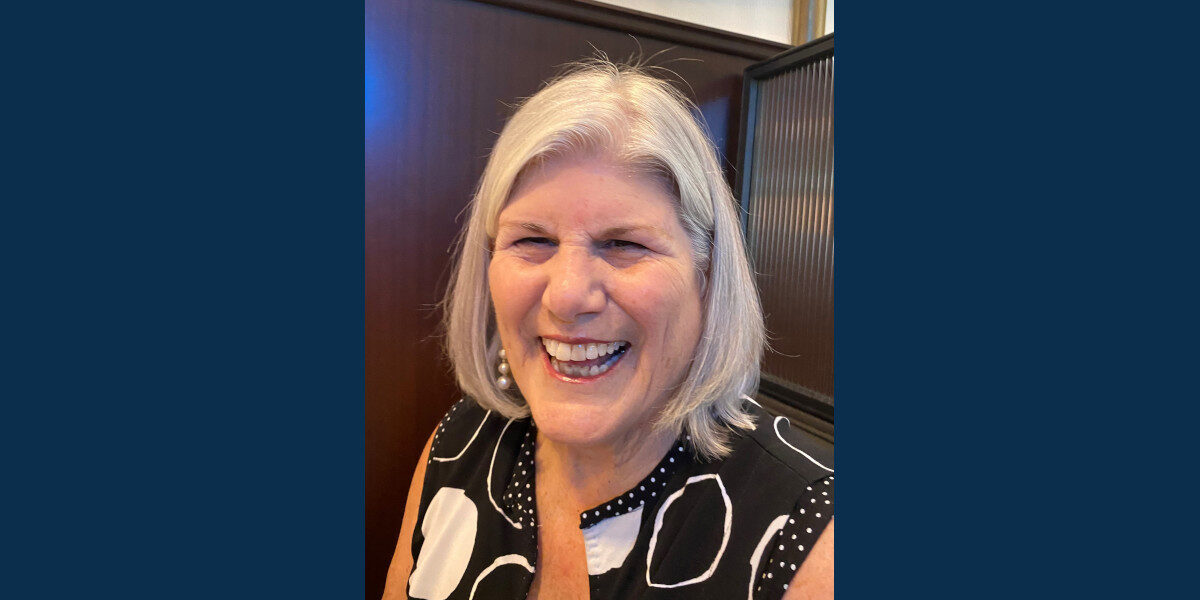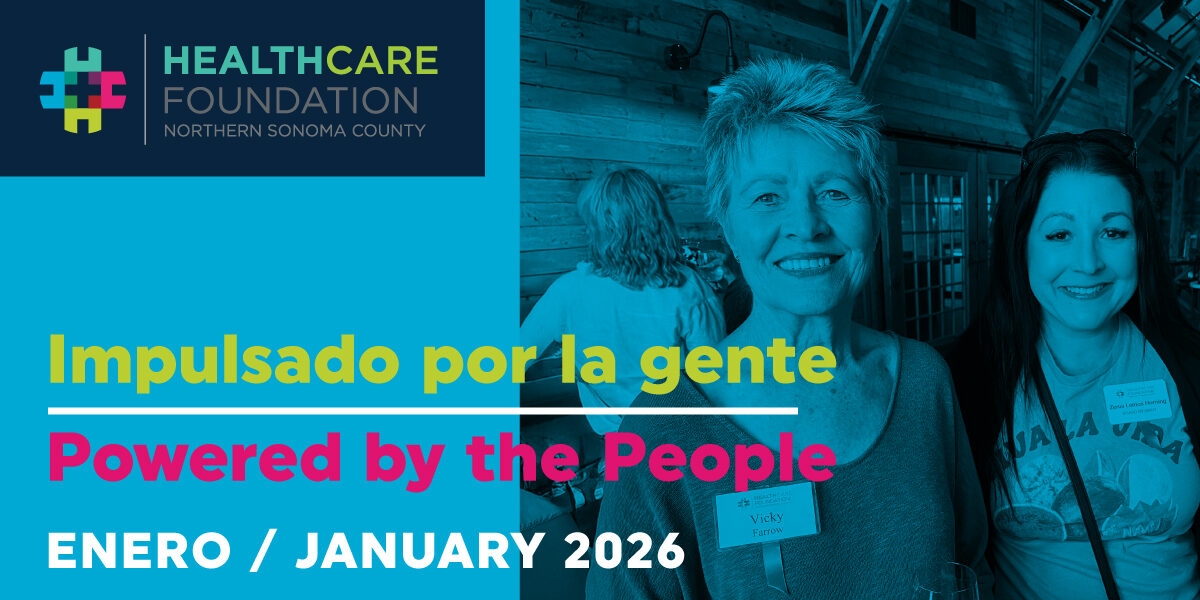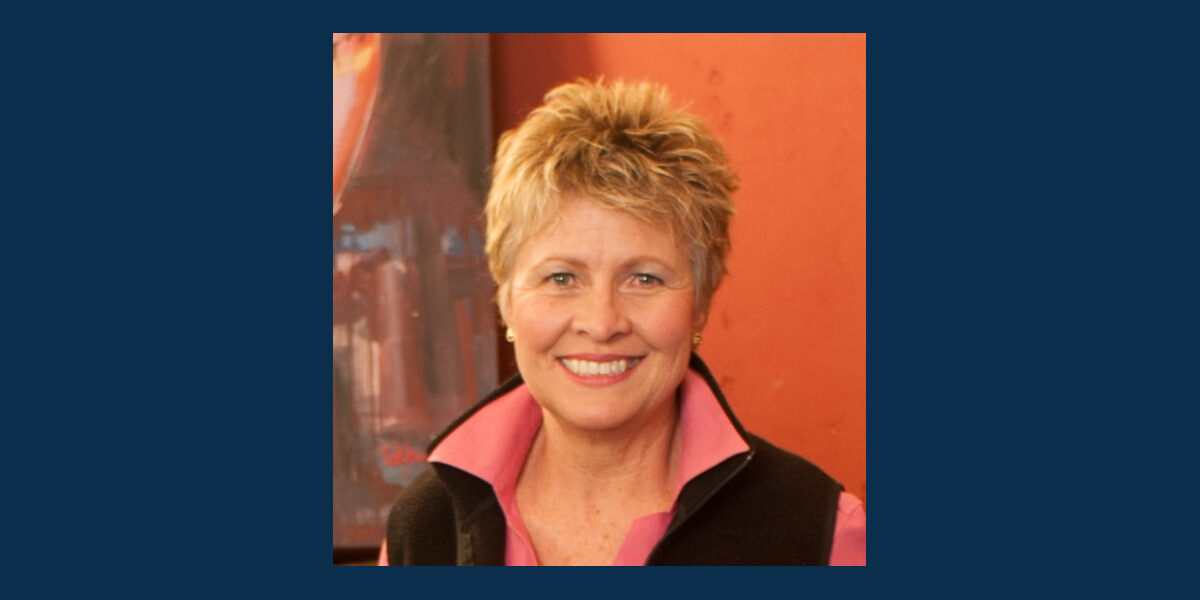

Supporter Spotlight: A Conversation with Sharon Roper
3 min read. Sharon Roper has been a generous supporter of the Foundation for several years now. She spoke with us recently about her dedication to supporting mental health for some of our society’s most vulnerable members.
Sharon Roper’s interest in mental health goes back to her earliest years as a social worker.
Born and raised in Tulsa, Sharon graduated from Oklahoma State before pursuing her master’s at Rutgers and beginning a career in social work that took her to California in the mid-1970s. She spent the following decade working in San Jose at a residential treatment center for children under 12, and in San Jose Hospital’s acute care unit for children and teenagers with mental illness, before opening her own practice.
Children and families remained a focus of her work and expertise. “There’s always plenty of need there,” she explains. “It just fit me. I’ve been doing it for a long time.”
In 1985, “looking for a little bit smaller of a town,” Sharon and her husband, Robert, moved to Healdsburg, where the couple lived for the next 36 years until losing their home in the 2020 Walbridge Fire. They now live in Santa Rosa. Although Sharon retired from private practice about 20 years ago, she has remained active in supporting community health as a volunteer.
Welcoming the Healthcare Foundation’s increased focus on mental health, the Ropers have been generous and stalwart supporters of the organization for several years now. Sharon kindly spoke with us recently about her lifelong dedication to supporting mental health for some of our society’s most vulnerable members.
Who did you serve in your private practice in Healdsburg?
You need to be able to work with almost any problem when you live in a small town. I did marriage counseling as well as therapy with children and families. I ended up specializing, too, in children who had been sexually abused and ran some groups for these children at the County mental health programs. The County had very good programs back then. It’s really not there anymore. What is available now is largely only for short-term behavioral change as opposed to longer-term support — really digging in deep to get at what’s behind the issues people are facing. It has been a huge disappointment to me that there are so few mental health services available in Sonoma County. That’s why I was thrilled when the Healthcare Foundation went in that direction.
“It has been a huge disappointment to me that there are so few mental health services available in Sonoma County. That’s why I was thrilled when the Healthcare Foundation went in that direction.”
Sharon Roper
How have you kept involved in community health since retiring?
After I retired, I got interested in doing some community service. I wanted to continue to do my part in some way. So I worked for a couple of organizations that provided services to homeless people. The first one was COTS in Petaluma. Then a group [Reach for Home] got started in Healdsburg to work with homeless people, so I worked with them and was on that board for quite a while.
Was the work similar to what you had known before?
I’ve always been interested in mental health, that’s where I’ve worked all along. Working in homeless services really got me focused again on mental health, because you realize very quickly that there’s a great amount of mental health issues and addiction issues, whether it’s alcohol or drugs.
What do you see as the greatest challenges for addressing mental health needs locally?
The first need is something the Healthcare Foundation is addressing: having more trained professionals to work with people when they need it. If we have a homeless person who is having acute problems, and is actually a danger to themselves or others, they can get into a hospital for a short period of time. But after that, there’s little follow-up. And the follow-up that exists is mostly for people who have been put on psychiatric medication of some kind, because they need to be monitored. But if you’re not a danger to yourself and others, there’s really not much there for you.
Just as importantly, there has to be a commitment to establishing more available mental health services. Of course, getting people to go to them can also be a challenge. With homeless people, for example, it’s a major hurdle to get over their distrust of others. But it can be done, and if you do it, they need to see somebody on an ongoing basis. Right now, you’re left with, “OK, and who would that be?” There used to be a program across from the old Sutter Hospital that took people on 72-hour holds and then could steer them into an ongoing out-patient program. There aren’t even hospital beds like that anymore in Sonoma County. Instead, the jail ends up receiving a lot of these folks, and they don’t know what to do with them. So we need to supply the services.
How did you come to support the Healthcare Foundation?
I’d known about the Healthcare Foundation for a long time. Plenty of friends have been donors. But when the Healthcare Foundation went into the mental health field, I was really thrilled. I’ve always known that it was a good organization, so for them to pick up the mental health banner was just great as far as I was concerned. That’s when we started supporting, and I think they have done a great job with that.

Related News + Stories
Invest in Our Community
Your support is vital to our collective vision of eliminating health inequities in northern Sonoma County.
Donate



